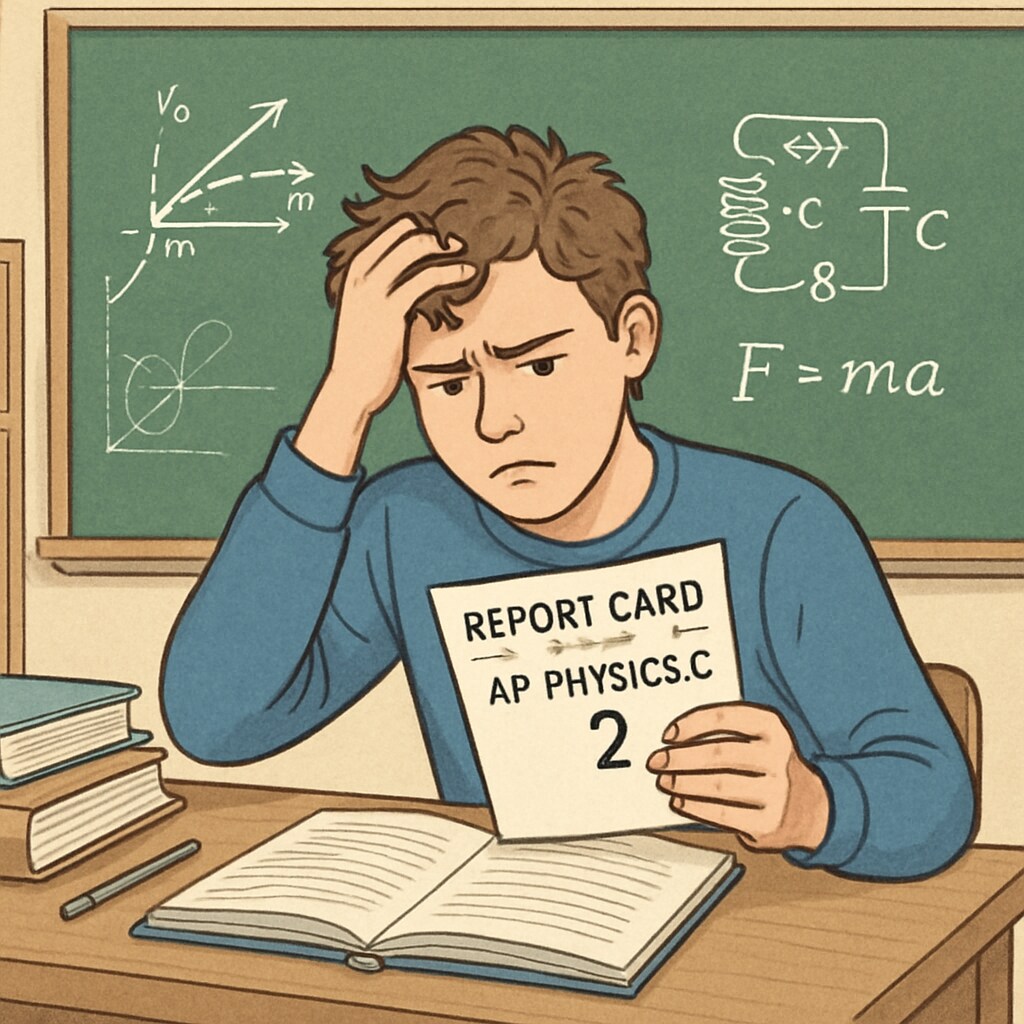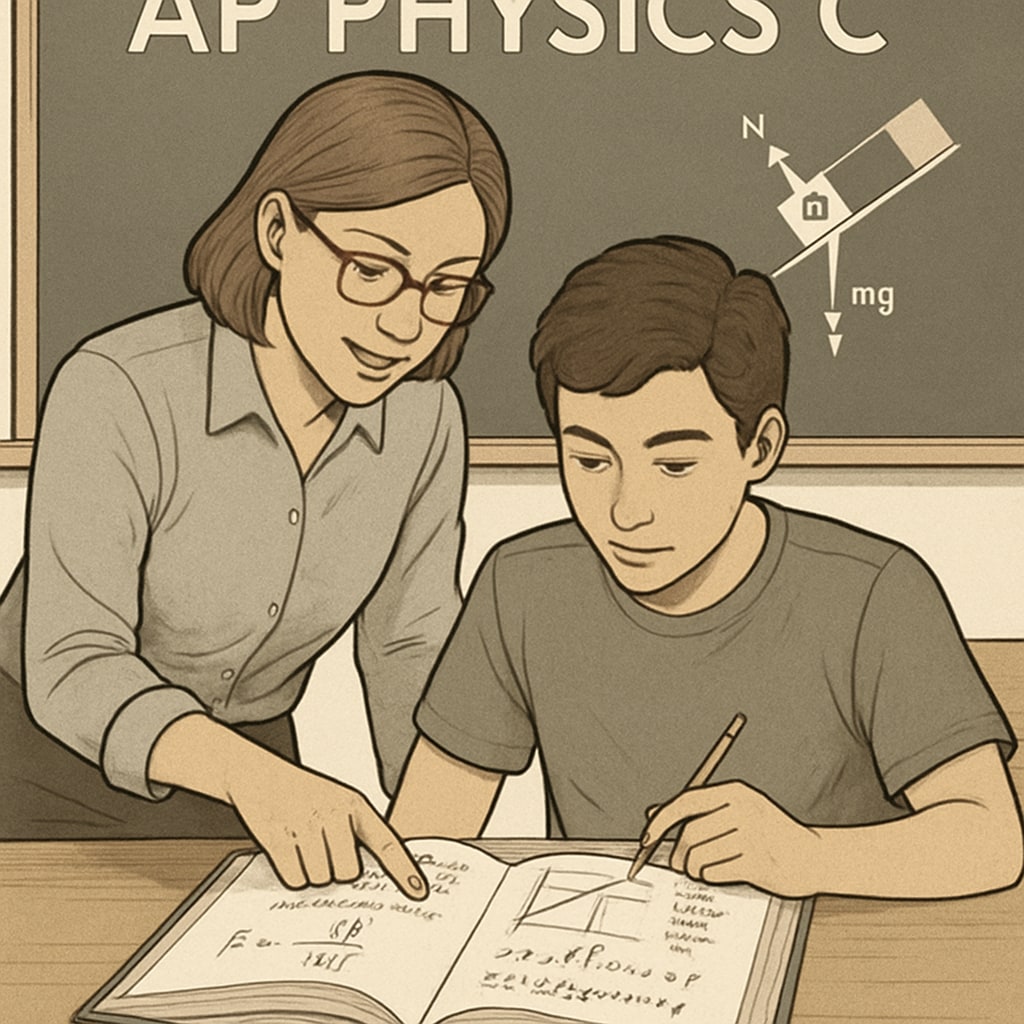AP Physics C students frequently encounter grading disputes stemming from exam errors, teaching inconsistencies, or opaque scoring criteria. When institutional appeals fail, students and parents alike may feel trapped within a rigid system. This article examines the root causes of these issues and provides actionable strategies to address grading controversies and achieve fair evaluations.
Understanding the Complexity of AP Physics C Grading
AP Physics C is widely regarded as one of the most challenging Advanced Placement courses due to its rigorous curriculum and emphasis on calculus-based physics. While the course is an excellent preparation for STEM fields, it also comes with its fair share of grading controversies. These disputes often arise from:
- Errors in the exam evaluation process, such as misgraded free-response sections.
- Discrepancies in teaching quality across different schools, leading to uneven preparation.
- A lack of transparency in the College Board’s scoring methodology.
These issues compound when students and parents attempt to challenge scores through formal appeals, only to face rejection without clear justification. The resulting frustration can discourage even the most diligent students.

Why Do Appeals Often Fail?
The process of appealing AP scores is notoriously challenging. The College Board, which administers AP exams, has a detailed score verification process, but it rarely overturns original results. Several factors contribute to the failure of appeals:
- Limited Scope of Review: The College Board only checks for clerical errors, such as incorrect tabulation, rather than re-evaluating the content of answers.
- Lack of Transparency: Students rarely receive detailed feedback on why specific answers were marked incorrect.
- Institutional Resistance: Schools and administrators may be reluctant to challenge the College Board due to bureaucratic constraints or fear of repercussions.
As a result, students are left with minimal recourse, even when they have legitimate concerns about their grades.
Strategies for Navigating Grading Disputes
Despite the challenges, there are several practical steps students can take to address grading controversies effectively:
- Request a Score Verification: Begin by formally requesting the College Board to verify your score. While this process focuses on clerical errors, it is the first step in documenting your concerns.
- Seek Support from Teachers: Consult with your AP Physics C instructor to evaluate your exam performance objectively. They can provide insights into potential errors in grading.
- Build a Case: If you suspect grading errors, gather evidence such as practice test scores, class performance, and teacher feedback to substantiate your claim.
- Leverage External Resources: Organizations like FairTest (FairTest.org) advocate for transparency in standardized testing and may offer guidance on navigating appeals.
- Explore Alternative Evaluations: Consider asking colleges to review your coursework and teacher recommendations if your AP score does not reflect your abilities.

Long-Term Solutions for Systemic Issues
While individual strategies can help address immediate disputes, systemic reforms are necessary to prevent future issues. Advocacy for greater transparency in AP grading processes, improved teacher training, and equitable resources across schools can ensure a fairer experience for all students. For example, organizations like the National Center for Fair & Open Testing (FairTest) have been working to reform standardized testing to make it more equitable.
In addition, schools should implement robust internal feedback mechanisms to address student concerns proactively. By fostering open communication between students, teachers, and administrators, institutions can mitigate the frustration associated with grading disputes.
Ultimately, while the AP Physics C grading process may seem opaque and unyielding, persistence and strategic advocacy can make a difference. By understanding the system’s limitations and using available resources, students can navigate disputes effectively and advocate for fair treatment.
Readability guidance: This article uses concise paragraphs, clear subheadings, and lists to improve readability. Active voice is prioritized, and transitions such as “however” and “as a result” are used throughout to ensure smooth flow.


